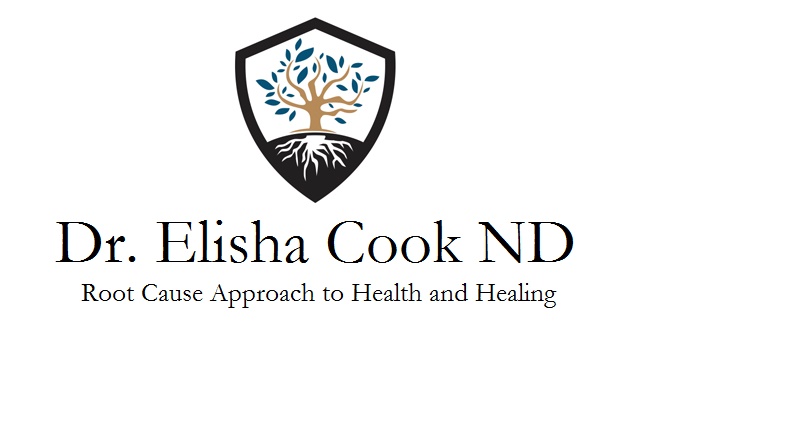 Mental health is a huge area of concern and public interest in recent decades. In particular, there has been much research into the effect our attitudes can have on our health. Forgiveness is one of those attitudes that can greatly affect our health in the moment and later on in life. This does not only include forgiveness of others but also includes forgiveness of ourselves. I would challenge you to explore your own thoughts and see if there are any areas of your life where you notice patterns of un-forgiveness. I do recognize that this is not an easy or comfortable process, but I challenge you to consider it and if you feel led to act to remedy the un-forgiveness, then do so for the benefit of your health.
Mental health is a huge area of concern and public interest in recent decades. In particular, there has been much research into the effect our attitudes can have on our health. Forgiveness is one of those attitudes that can greatly affect our health in the moment and later on in life. This does not only include forgiveness of others but also includes forgiveness of ourselves. I would challenge you to explore your own thoughts and see if there are any areas of your life where you notice patterns of un-forgiveness. I do recognize that this is not an easy or comfortable process, but I challenge you to consider it and if you feel led to act to remedy the un-forgiveness, then do so for the benefit of your health.
Signs of Un-forgiveness
These may be some useful questions to ask yourself when reflecting on a particularly harmful situation or event that has transpired against you. For more information on un-forgiveness please see the source below from which this questionnaire was retrieved.
- When you think of that person, does your heart leap up with love and joy for him?
- Do you desire to have fellowship with them or do you try to avoid them?
- Do you have no blame or condemnation of them or for them?
- Do you say or feel in your heart: “I forgive them, but I don’t have to like them”?
- Do you still make up speeches of what you are going to say to them, or what you should have said to them?
- Do you still think that they should hurt or should pay for what they have done to you?
- Do you still think of ways to get even with them?
- Do you sometimes think hard thoughts and have to repent, only to think those hard thoughts again and have to repent, over and over?
- Do you have strong emotional reactions when you think of or see the person who hurt you?
- Can you sincerely pray for this person and bless them, sincerely desiring to see them blessed?
- Can you, and do you honestly rejoice when good things happen for the person who wounded you?
Source: http://www.thhmi.org/Transformation_and_Sanctification/Symptoms_of_Unforgiveness/
Health Benefits of Forgiveness
- Decreased stress
- Improved mood
- Positive attitude
- Improved conflict management
- Improved sleep quality
- Decreased heart rate
- Decreased pain
- Improved overall health
- Improved life satisfaction
Practical Ways to Incorporate Forgiveness
It is important to understand that a lot of these exercises will not work if there is not a direct intention behind them. If these are done just for the sake of doing them, it is similar to not having done them at all. It is important to be mindful and have a direct intention to forgive and be well when practicing these exercises. In addition, a lot of these exercises are not easy and they can even hurt when you do them. Embrace the discomfort, but remember to work within what is safe for you. If it is not wise to confront someone about the hurt, for example, do not do so. I also encourage individuals that sometimes you have to “fake it until you make it”. What I mean by this is that in some cases you try to forgive someone, but deep down inside you know you can’t. It may then be helpful to start speaking that you forgive them until you feel you are ready to forgive. It may also be important to seek more help on this issue from a spiritual leader, counsellor, psychologist, etc.
- Forgive quickly. When someone wrongs you, as hard as it might be, attempt to forgive quickly. This will prevent any bitterness, anger, or negative thoughts from setting in.
- Confront the person who has done you wrong and express forgiveness. Please note that this may not be safe or wise in all situations.
- Write down “I forgive _______” on a piece of paper.
- Do something kind for the person who hurt you.
- Speak out loud “I forgive myself. I am not mistakes”, or “I forgive _____. They are not their mistakes.”
- Pray for help to forgive.
- Consider the perspective of the other individual and attempt to empathize with them. Literally getting up and switching to a different seat may be helpful.
Have you benefitted from reading this blog? Know someone that would benefit as well? Share, Like, Comment, or Tweet this article, and let me know what you think.
Some of the information provided above may not be appropriate for everyone, please consult with your doctor before trying any of the above. If you are interested in Naturopathic Medicine and wanting a different approach to your health care needs, contact Elisha Cook via the contact portion of this website.
Source:
http://www.tandfonline.com/doi/abs/10.3109/09638280903166360?journalCode=idre20
http://pss.sagepub.com/content/12/2/117.short
http://link.springer.com/article/10.1007/s10865-005-3665-2
 Those who are following a Paleo or Mediterranean style diet will love this recipe! This recipe is great for those who are trying to avoid gluten, dairy, and ultimately refined carbs. It can also be a vegan option if the meat/fish option is avoided. This recipe also requires a spiral sliver or spiralizer. The recipe is also best done in stages as opposed to adding all of the ingredients at once. Enjoy!
Those who are following a Paleo or Mediterranean style diet will love this recipe! This recipe is great for those who are trying to avoid gluten, dairy, and ultimately refined carbs. It can also be a vegan option if the meat/fish option is avoided. This recipe also requires a spiral sliver or spiralizer. The recipe is also best done in stages as opposed to adding all of the ingredients at once. Enjoy!



